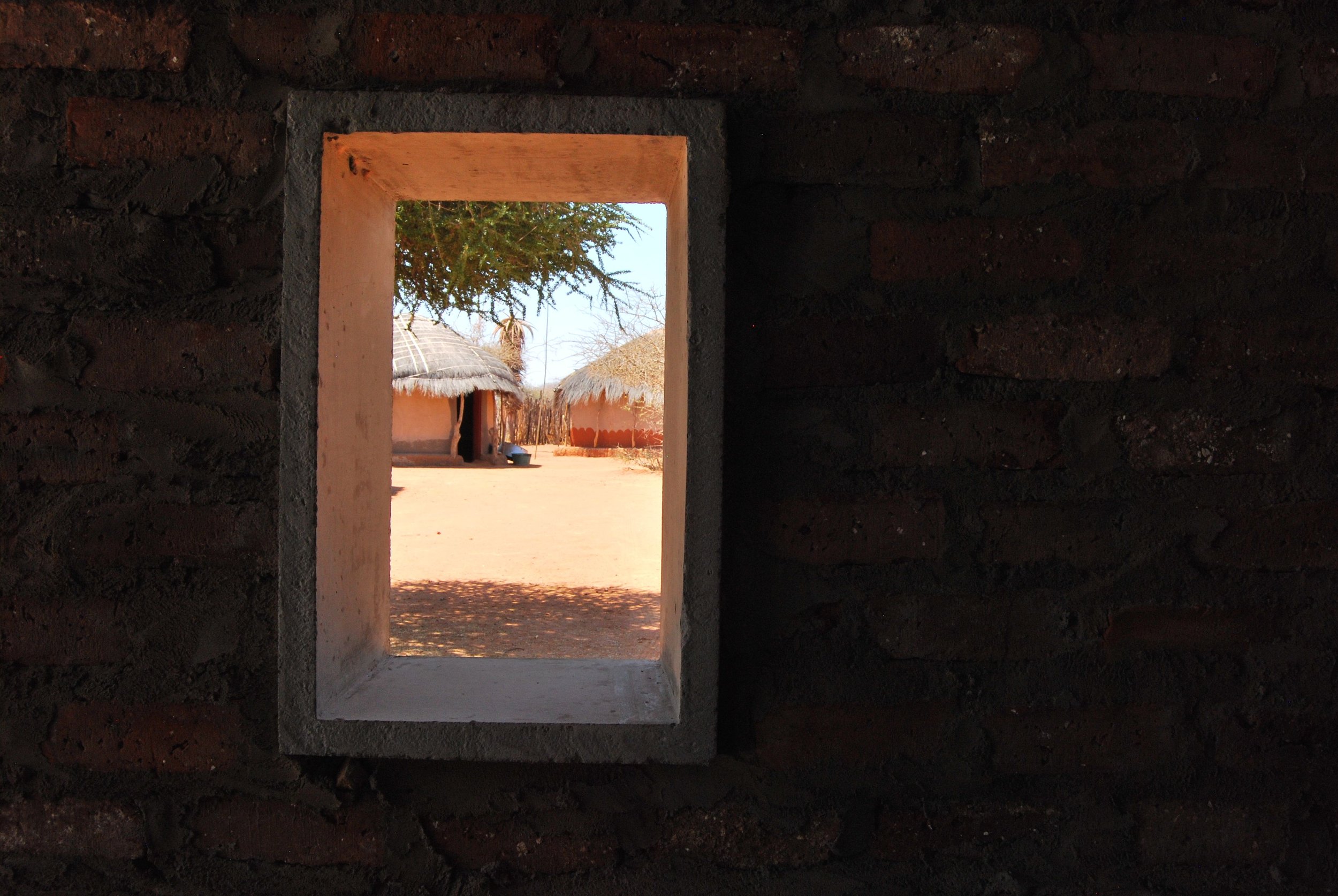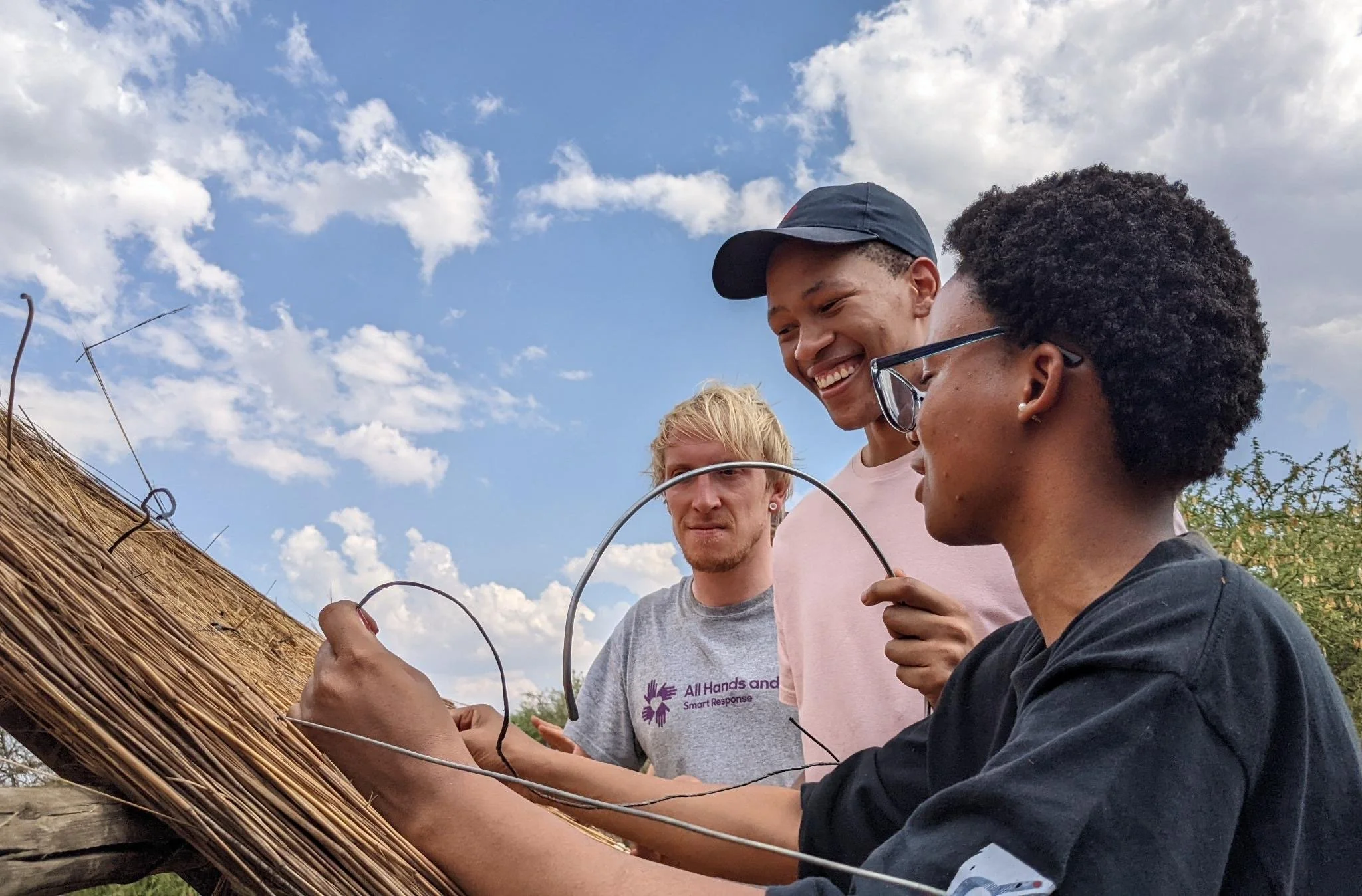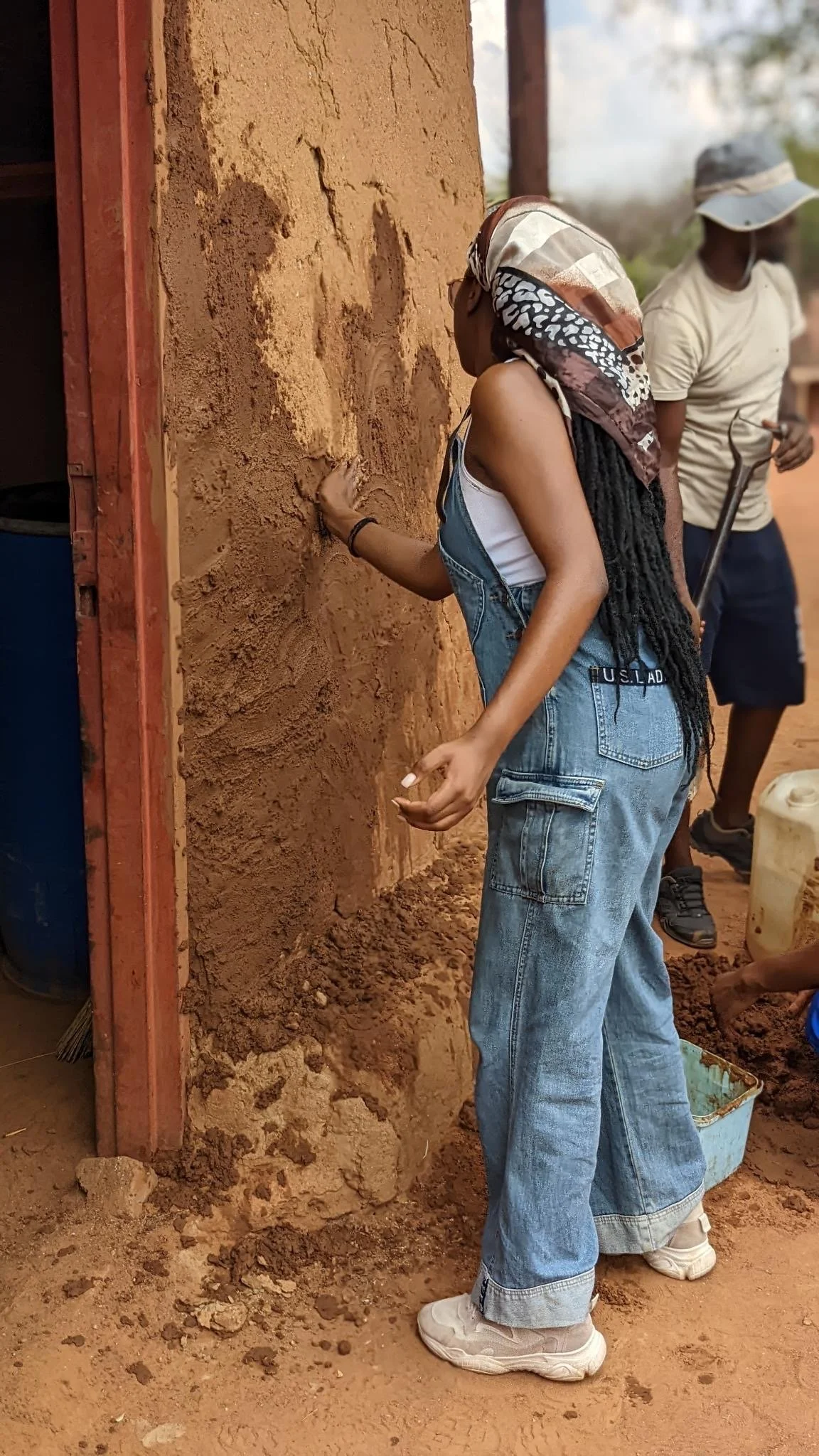Citizen Architects favour long term partnerships over short term interventions and equal exchange over one-way ‘skills transfer’. When we teach, we aim to instill these values in the students we work with.
‘Housing in Botswana’ is an attempt to re-think how architectural education can prepare students for the international collaboration their generation will need to meet the global threats of climate change and loss of biodiversity, to which the built environment is a major contributing factor.
It brings together our contacts in the architecture community in Botswana with staff and students at the BASEHabitat, a design studio at the Arts University Linz, Austria that focusses on research and the design for building socially responsible, sustainable projects. We used a design module on their Master program as a catalytic project, aiming to leveraging the resources (both financial and intellectual) of institutions to foster much needed international exchange.
The aim of the project is to create a framework for co-operation between BASEhabitat and two other organisations – namely the Architecture Department at the University of Botswana (UB) and the Botswana Housing Corporation (BHC), a parastatal body responsible for providing affordable housing.
Since October 2018, we have run a range of academic initiatives together with our teaching partners Flavia Matei at BASEhabitat as well as Moemedi Gabana and Petunia Gaoalafe at UB, and involving our project partners from BHC.
Online lectures have been delivered by academics from both universities covering subjects as wide ranging as traditional Tswana place making, ethics in architectural practice, different approaches to community development and the impact of architecture on the climate emergency.
UB and BASEhabitat students have jointly carried out neighbourhood surveys in Botswana.
Representatives from BHC and UB students have attended the BASEhabitat summer school for natural building materials in Austria.
Teaching staff rom UB have visited BASEhabitat in Linz, joined us in student reviews and delivered a lecture to the wider university community.
Staff and students have participated in hands-on workshops on traditional and contemporary earth architecture and thatching methods in Botswana, taught by both academics and craft people, sensitising students to the different ways knowledge is created and disseminated.
Interactive workshops at UB gave all students the opportunity to learn some of the tools of community engagement. Their outcomes were presented at an exhibition at the university.
BASEhabitat students have had the opportunity to develop design ideas for housing that have been presented to both UB critics and BHC project partners.
And importantly, staff and students have become friends while socialising in a variety of formal and informal settings, from weddings and graduation parties to evenings passed with pizza and a few drinks!
Aligning teaching requirements and timetables across organisations in different hemispheres can be challenging. There have been plans that didn’t come to fruition and potential that remains unfulfilled. A global pandemic interrupted our conversation. Sometimes there just weren’t enough resources, and there was never enough time. And yet, every interaction, every shared learning experience and every connection made is a step towards better understanding in the face of ever greater complexity and urgency.
Carrying out housing surveys in Ramotswa
Thatching workshop with Mosadi Letlole in Metsimothlabe
Clay building workshop with Flavia Matei from BASEHabitat at the University of Botswana
Clay workshop with Mosadi Letlole in Metsimothlabe
‘With the sun’ - design proposal by Daniela Lockowandt
BASEHabitat students present their design work to visitors from the University of Botswana, Moemedi and Lady Gabana, Linz February 2020


